Over a two year period, philosopher Stefan Molyneux interviewed 17 world-renowned experts in the realm of human intelligence in a wide-ranging exploration of the current data and arguments about one of the most fundamental human characteristics.
What emerged is a complex, powerful, sympathetic and deep examination of intelligence and its potential effects on human society.

Study: "Human intelligence is an important construct in psychology, with far-reaching implications, providing insights into fields as diverse as neurology, international development, and sociology. Additionally, IQ scores can predict life outcomes in health, education, work, and socioeconomic status. Yet, students of psychology are often exposed to human intelligence only in limited ways. ... We found that 79.3% of textbooks contained inaccurate statements and 79.3% had logical fallacies in their sections about intelligence."
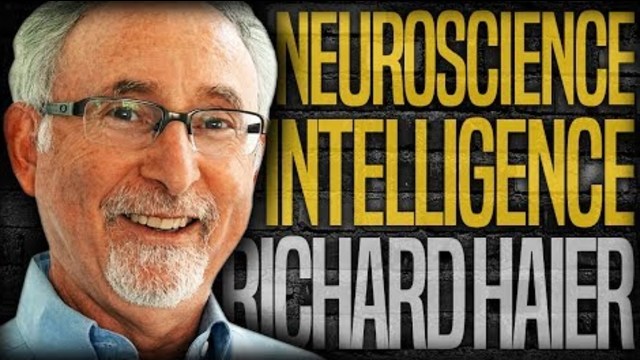
The Neuroscience of Intelligence Summary: "Compelling evidence shows that genetics plays a more important role than environment as intelligence develops from childhood, and that intelligence test scores correspond strongly to specific features of the brain assessed with neuroimaging. In understandable language, Richard J. Haier explains cutting-edge techniques based on genetics, DNA, and imaging of brain connectivity and function. He dispels common misconceptions, such as the belief that IQ tests are biased or meaningless, and debunks simple interventions alleged to increase intelligence. Readers will learn about the real possibility of dramatically enhancing intelligence based on neuroscience findings and the positive implications this could have for education and social policy. The text also explores potential controversies surrounding neuro-poverty, neuro-socioeconomic status, and the morality of enhancing intelligence for everyone. Online resources, including additional visuals, animations, questions and links, reinforce the material."
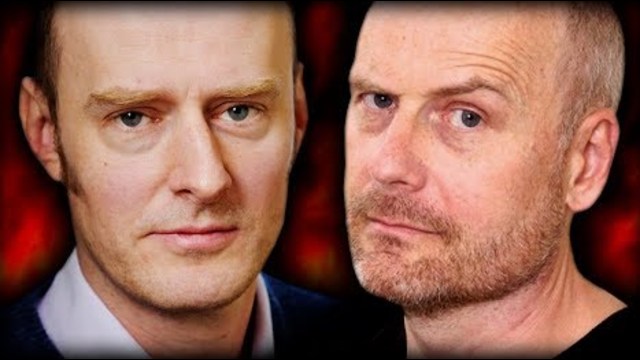
"The welfare state has a problem: each generation living under its protection has lower work motivation than the previous one. In order to fix this problem we need to understand its causes, lest the welfare state ends up undermining its own economic and social foundations."
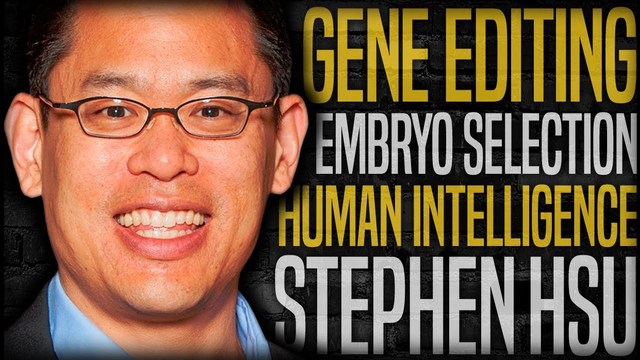
With significant advances in genetic analysis, genome sequencing and precision gene editing, it’s increasingly likely that embryo selection and genetic engineering will be used to prevent disease and increase the intelligence of future children. Dr. Stephen Hsu joins Stefan Molyneux to discuss human intelligence and the rapidly expanding technology which could soon enable embryo selection for both desirable and undesirable traits.
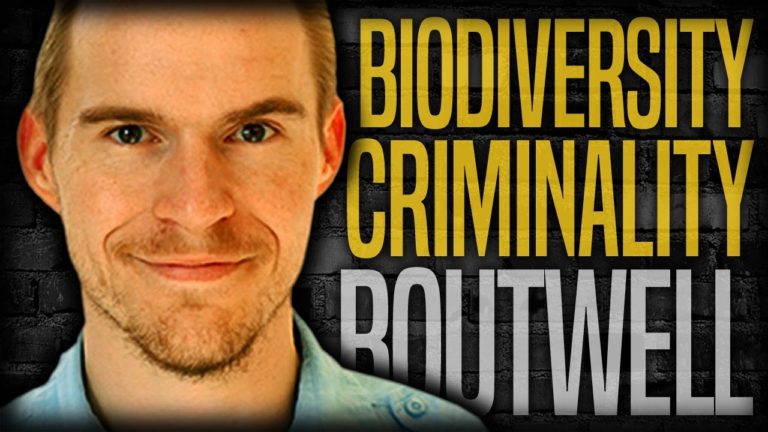
What is the origin of criminal behavior? Stefan Molyneux and Brian Boutwell discuss the interplay between biology, genetics and environmental factors when it comes to accurately discussing the factors in criminal activity.

Within academic circles there is continued debate as to whether humans are becoming more or less intelligent. Dr. Michael Woodley of Menie joins Stefan Molyneux to explain the the current trends in human intelligence, why the Flynn Effect is misleading, the importance of reaction time, trends in fertility rates and why civilizations rise and fall throughout human history.

Evidence suggesting the biological reality of race and that ethnicity is more than just a social construct is something that few people are willing to honestly discuss. Against all available evidence, many academics insist that human evolution ended in prehistory. Nicholas Wade joins Stefan Molyneux to discuss his book "A Troublesome Inheritance: Genes, Race and Human History" and the impact of evolution and selective pressures on human populations.

What is Biosocial Criminology - and what can it tell us about the occurrence of criminal behavior? Dr. Kevin M. Beaver joins Stefan Molyneux to discuss the field of biosocial criminology, racial differences in racial crime statistics, the contrast with environmental factors, predictors of criminal behavior and challenges of political correctness within science.
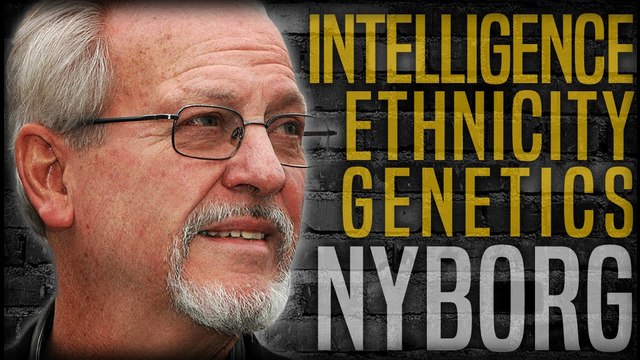
Stefan Molyneux speaks with Dr. Helmuth Nyborg about human intelligence, including: general intelligence factor, racial differences in intelligence, impact of age on intelligence, gender differences in intelligence, physical differences between ethnicities, brain size, regression to the mean and the unintended consequences of third world immigration.

Over the last several decades, economists and psychologists have documented the many ways in which an individual's IQ matters. But, research suggests that a nation's IQ matters so much more. Garett Jones joins Stefan Molyneux to discuss the impact that a nation's collective IQ has on it's prosperity, wealth and much much more!
Support the show, using a variety of donation methods
Support the show